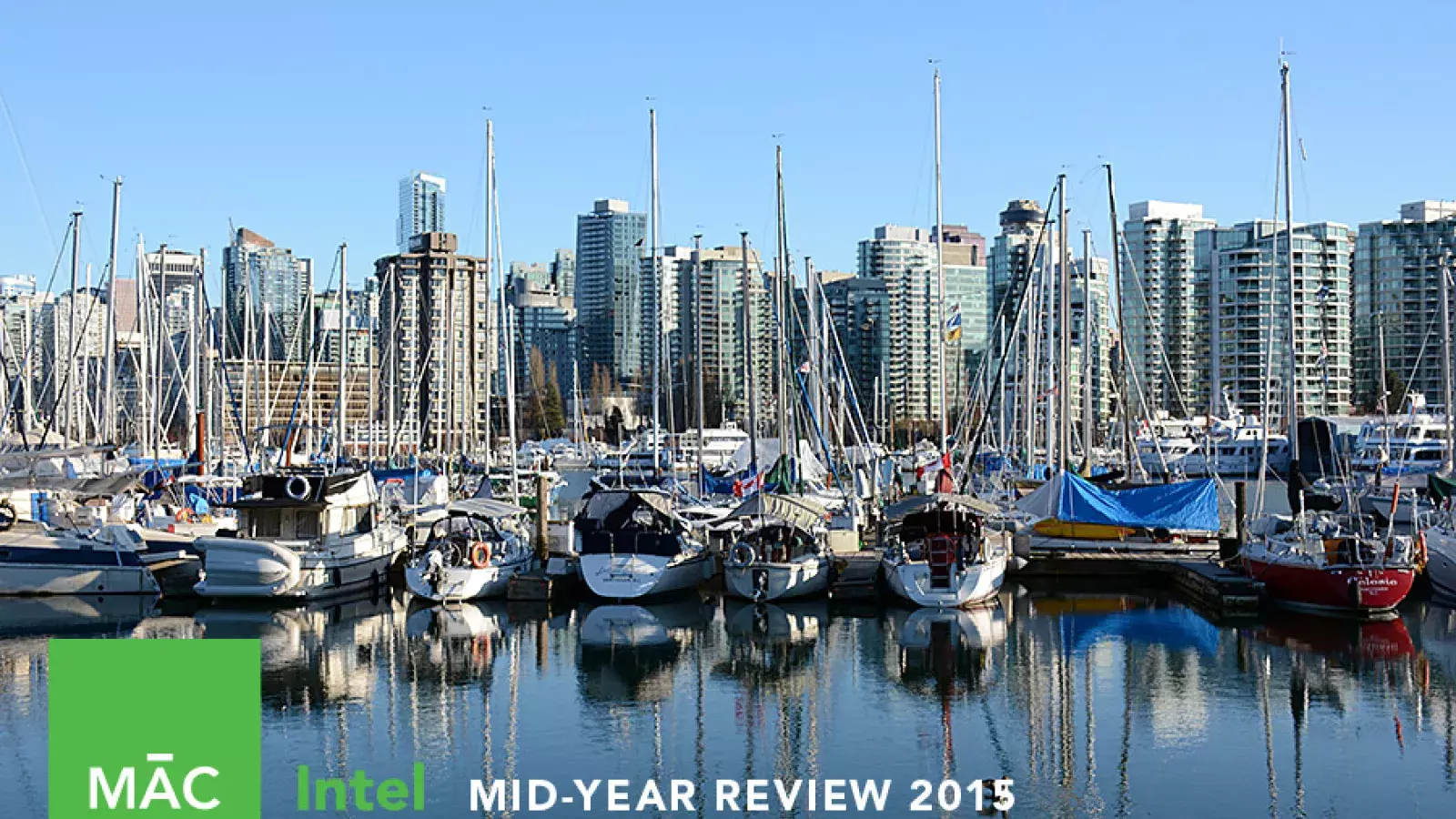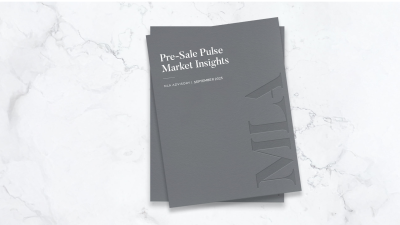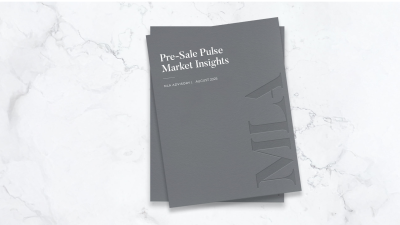Jump in and hold on tight
Every January, we at MAC release our annual MAC Intel report that reflects on the previous year’s real estate market and looks at the economic trends that will shape the year ahead. Our team anticipated, along with many other experts, that Metro Vancouver’s market would likely see steady growth in 2015 due to historically low interest rates, population growth, increased global investments and a strengthening of the U.S. economy.
“Last month was the highest selling June, and the second highest overall monthly total, on record for the Real Estate Board of Greater Vancouver.”
— REBGV Friday, July 3, 2015 news releaseHowever, rather than holding steady, Vancouver’s real estate market has been writing headlines across the globe as one of the best destinations in which to invest and live in the world. Headlines such as “Forget gold, buy a Vancouver condo…” in the Financial Post and “Global wealth flocks to Vancouver real estate” in Business In Vancouver, are just some of the many headlines grabbing the attention of domestic and international investors around the world. As a mid-year review, we’ll analyze some numbers on exactly how active Metro Vancouver’s housing market has been in the first half of 2015:
2014 ended strong with a 16.1% year-over-year increase in total sales of detached, attached, and apartment properties. Furthermore, this activity returned the housing market to historical norms, putting the region’s sales and listings totals back at median levels compared with 10 year trends. Though the market remained balanced throughout 2014, buyer versus seller activity started to shift as the year came to a close. Metro Vancouver started to experience some upward pressure on home prices with the composite (detached, attached, and apartments) benchmark prices for all residential properties in the Real Estate Board of Greater Vancouver (REBGV) reaching $638,500 as the new year approached.
Home buyers continued to remain increasingly active in the early months of 2015, kicking off the year with sales activity above historical norms while active listings trended lower than typical levels. For the January 1 – June 30, 2015 period, the REBGV showed a 8.7% composite (detached, attached, and apartments) benchmark price increase to $694,000. By March, more homes had traded hands for the month throughout Metro Vancouver than had since 2007, breaking an 8-year record. June, with 4,375 sales, was the fourth straight month with over 4,000 sales — a first in the REBGV’s history. The previous highest number of monthly residential home sales was 4,434, recorded in May 2005.
The sales-to-active listings ratio* — a measure used to indicate housing activity levels — reached an impressive 35.9% (anything over 20% is considered a seller’s market) and hasn’t showed any significant slowdown since. With increasing global and local demand, home purchases began to outpace supply with activity levels soaring as high as 29.3% above our 10 year average in April. With on-going low interest rates, a low Canadian dollar, and a shortage of supply, we forecast that the latter half of 2015 will see the Metro Vancouver housing market continue to put in a strong performance although it may slow slightly from the blistering pace set in the first half.
*The sales-to-active listings ratio is a measure of balance between supply and demand in the housing market. The market is considered balance between 14% and 20%.
All figures are based on REBGV data.



